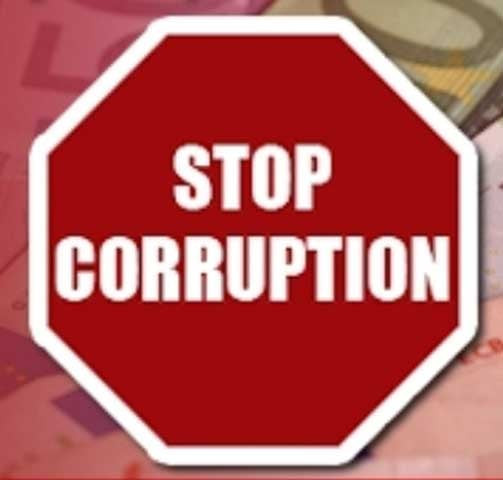The ethical dilemma: Saying no to corruption
What seems like a short-cut to quick gains could hurt profits in the long run.

The ethical dilemma: Saying no to corruption
Normally, financial corruption between the public sector and the private sector is condemned on moral and legal grounds. This is what we said in the first part of this article and then we also said that often, it is justified by people on commercial grounds because it is linked with getting things done quickly in a system that is by and large corrupt.
One such opinion justifying corruption for business growth appeared in these pages recently. But, in this part of the article we will show how corruption entails significant economic losses and business costs which are normally overlooked by the private sector.
When a business firm decides to make an underhand deal with a government official, it exposes itself to the arbitrariness of the public servant. This nexus invites uncertainty in terms of business outcomes and profits. It also creates hurdles for other firms to compete in a transparent manner. The firms would then look for ways to access the officials instead of exerting entrepreneurial efforts to improve their offering.
A short-term approach by the business firm ultimately ruins the long-term health of the business. It also brings down the reputation of a company thus undoing decades of genuine hard labour of its founders and business managers. In fact, the risk of reputation loss is what a PricewaterhouseCoopers International survey terms as the most important business argument against corruption.
According to the Centre for International Private Enterprise’s anti-corruption programme, corruption feeds ongoing political and economic failures in many developing countries by impeding market development, driving away investment, increasing the cost of doing business, and eroding the legitimacy of the law.
While evolving anti-corruption policies, one must not forget that corruption is not a monolith but has several forms. The business case of anti-corruption rests upon two specific types of corruption, referred to as “bribery” and “state capture” by the World Bank. In bribe-giving, usually there is a nexus between a private sector company and a government official to get undue benefits in terms of information or other favours. In the state capture, the private sector company exploits weak rule of law and weak institution to stifle competition and gain a favourable market position. The other types of corruption include extortion and political financing, but they do not involve the private sector.
While corruption in the public sector may lead to inefficiency on the part of public sector agencies, the corruption involving the nexus between the public and private sector may result in raised prices, monopoly situations, and poor quality of goods as well as infrastructure. Why for instance, in the aftermath of 2005 earthquake, the public school infrastructure in Azad Kashmir suffered the most? In other words, from the private sector perspective, corruption is about costs. According to the World Bank, the costs of corruption worldwide have surpassed one trillion dollars.
It is not easy to mobilise the business community against corruption, which, unfortunately, can be both source and victim of corruption. We need to evolve a larger consensus engaging the civil society, judiciary, media as well as business community and parliamentary watch dog institutions. There is also a dire need to take the anti-corruption discourse beyond moral, religious and legal arguments to a more appealing business and economic case. We need to convince ourselves that corruption is inherently anti-growth and anti-welfare. We must bring it down with iron hand through collective action.
The writer is the Director Programme and Development at the Alternate Solutions Institute, Lahore. Email: ali@asinstitute.org
Published in The Express Tribune, April 4th, 2011.



















COMMENTS
Comments are moderated and generally will be posted if they are on-topic and not abusive.
For more information, please see our Comments FAQ